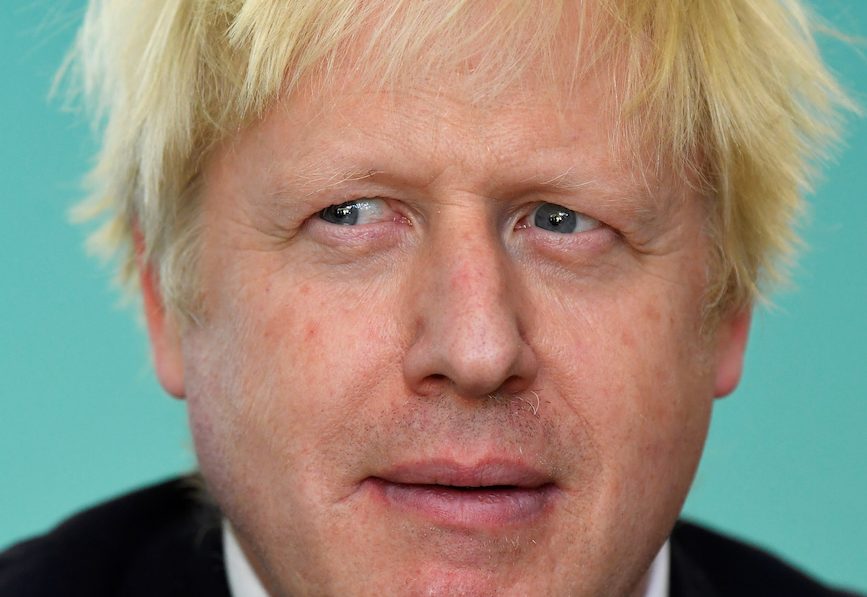- A no-deal Brexit could result in thousands of job losses, disrupted medical supplies, and public disorder, according to a newly released UK government document.
- Parliament on Monday voted to force the government to publish the document, an earlier version of which was leaked to The Sunday Times in August.
- Ministers insisted the document represented a “worst-case scenario.”
- “It is completely irresponsible for the government to have tried to ignore these stark warnings and prevent the public from seeing the evidence,” Labour’s shadow Brexit secretary, Keir Starmer, said.
A no-deal Brexit could result in rising food and fuel prices, disrupted medical supplies, and public disorder in the UK, according to secret documents that Parliament forced the government to publish Wednesday.
A five-page planning document detailing the government’s “planning assumptions” was released under Operation Yellowhammer, the government’s no-deal Brexit plan, after opposition lawmakers passed a motion on Monday compelling it to do so.
The document suggests a no-deal Brexit could mean:
- A hard border in Ireland, despite the UK claiming not to reintroduce any checks.
- “Certain types of fresh food” would not be readily available.
- The poorest people in society would be hit the hardest, with “low income groups” likely to be “disproportionately affected by any price rises in food and fuel.”
- Some businesses would immediately be forced to cease trading with thousands of job losses.
- Vehicles could have to wait more than two days to cross the English Channel.
- Eighty-five percent of trucks crossing the channel may not be ready for a new customs regime in France.
- Potential riots: “Protests and counterprotests will take place across the UK and may absorb significant amounts of police resource. There may also be a rise in public disorder and community tensions.”
- Gibraltar would also face huge delays along its border with Spain, with waits of up to four hours likely “for at least a few months.”
- There would be a growth in the black market and smuggling.
- There could be clashes between British fishermen and those from elsewhere in Europe in British territorial waters in the days after a no-deal Brexit.
When the Yellowhammer document was leaked to The Sunday Times in August, Downing Street claimed it was out of date and had been superseded by newer versions.
But the version released Wednesday was almost identical to that released in August, with the main difference being a revision to the document's title.
While the Sunday Times version described the version of events as a "base case," the government-sanctioned document said it was a "worst-case scenario."
Michael Gove, the minister in charge of no-deal planning, accused the journalist who leaked the document of "persisting in an error" when she said the title had been changed.
Labour's shadow Brexit secretary, Keir Starmer, said: "These documents confirm the severe risks of a no-deal Brexit, which Labour has worked so hard to block.
"It is completely irresponsible for the government to have tried to ignore these stark warnings and prevent the public from seeing the evidence."
Dominic Grieve, the former attorney general, led the group of lawmakers who demanded that the government release the Yellowhammer document.
"Boris Johnson cannot portray forcing an undemocratic No Deal on the country as patriotic," he said. "On the contrary it would be deeply damaging to our economic interests and to social cohesion.
"As a One Nation Conservative I am deeply fearful of the long-term damage a reckless approach - which knowingly risks prosperity, increases poverty and even threatens medical supplies - will do to both the people and our party. This must be stopped."











